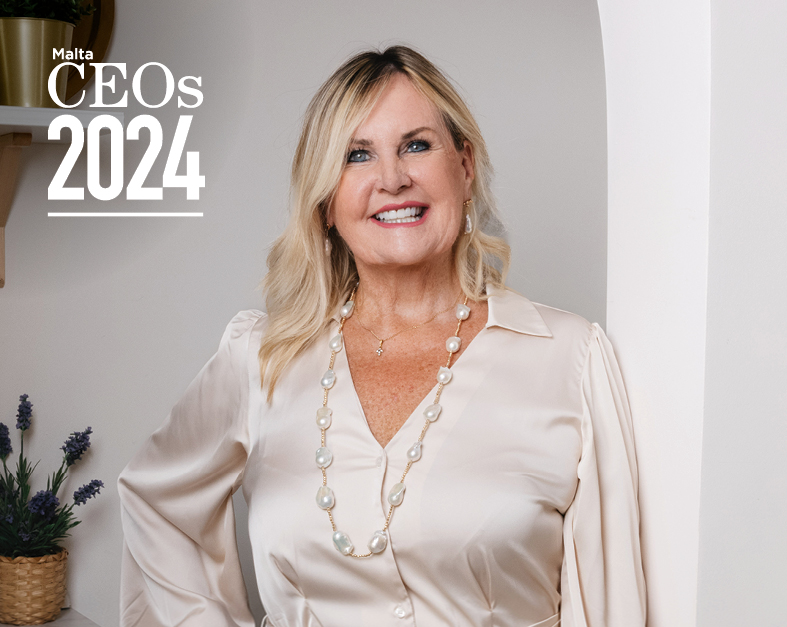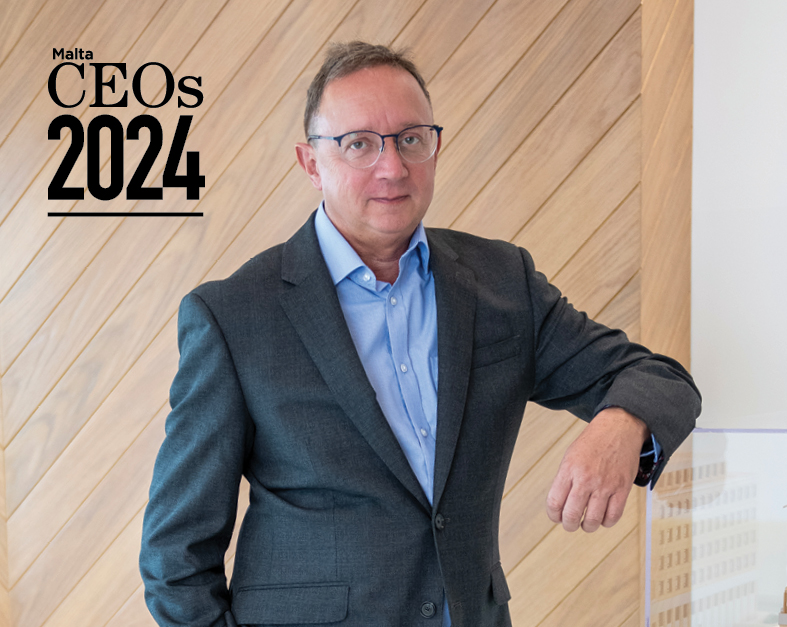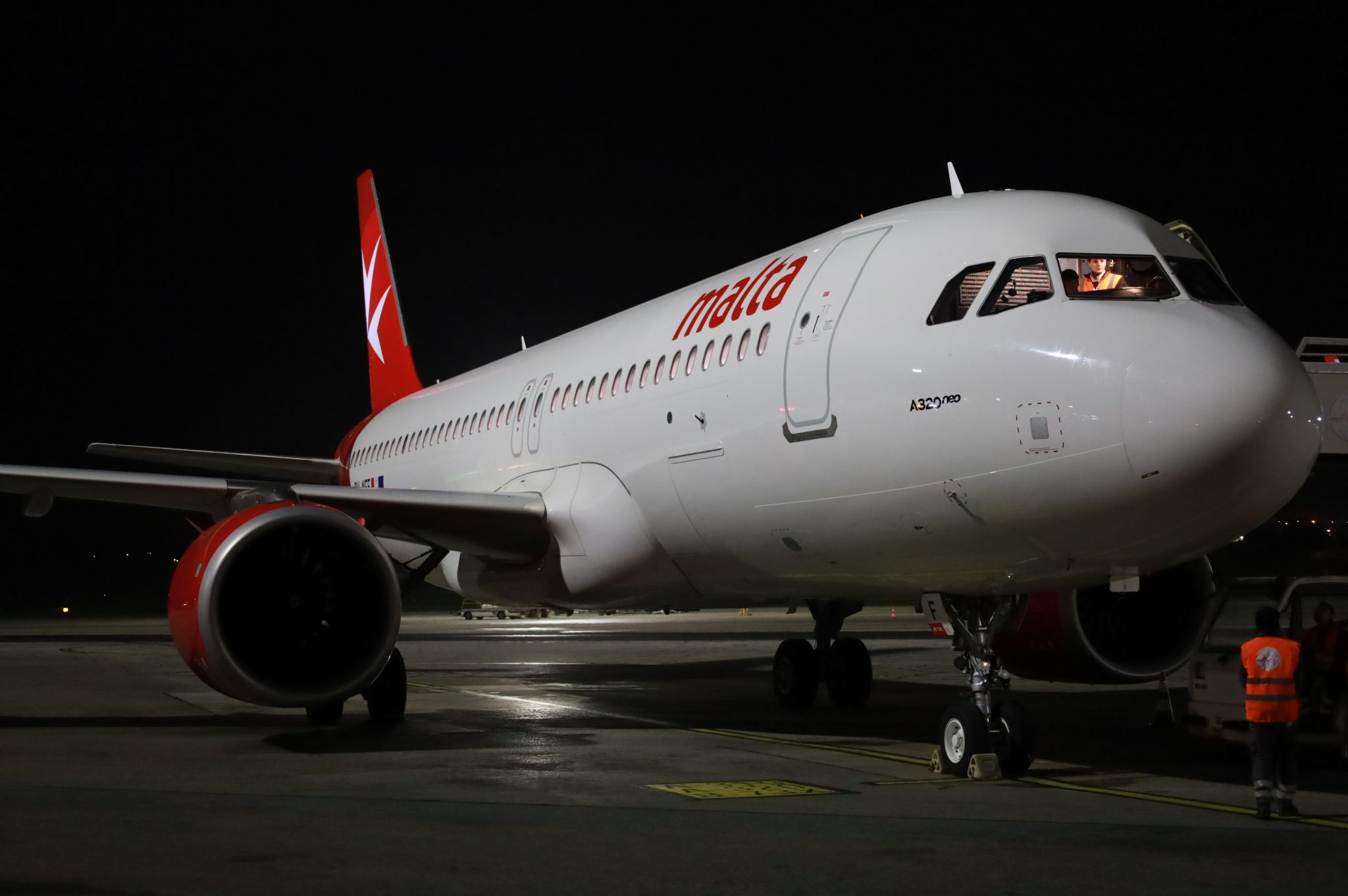A Malta-based study has found that remote work prompted a rise in presenteeism and workers being willing to work outside of agreed working hours (WOAH) during the COVID-19 pandemic, while absenteeism was on a downward trajectory.
Presenteeism is the act of employees continue to work while sick, despite having reduced productivity levels or negative consequences. It is the direct contrast of absenteeism, the term used for when employees regularly stay away from work, limiting them from doing their work in a timely and productive way.
The study, conducted by Luke Fiorini, Director for University of Malta’s Centre for Labour Studies and published on Friday, focused on workers in Malta’s IT and communication sectors, with these areas being chosen since they included workers who already had the ability to work remotely even before the pandemic. Prior to 2020, the rate of remote working arrangements in Malta was lower than the EU average, yet the pandemic prompted the rate of companies to offer such flexibility to skyrocket.

Major IT and communication organisations in Malta were invited to distribute an email to employees, and 15 organisations, 14 from the private sector and one from the public sector, accepted. 459 responses were analysed, representing close to five per cent of individuals working in this sector in Malta, according to data from the National Statistics Office (NSO).
The study found that 82 per cent of respondents made use of remote work to a greater degree during the first 12 months of the pandemic than in the period preceding it. 46 per cent said that they carried out all their work remotely in the first year of the pandemic, while 32 per cent carried out more than half of their work remotely, and the remaining 22 per cent did half or less of their work remotely.
It highlighted that most participants engaged in presenteeism and WOAH, with both rates increasing during the pandemic.
28 per cent of participants said that they engaged in presenteeism more than they did prior to the pandemic, while 31 per cent said they did so at the same level, and seven per cent did so on less occasions. The remaining 32 per cent never engaged in presenteeism.
Similarly, a staggering 38 per cent noted that they did WOAH more in the first year of the pandemic than they used to, and just five per cent said that they did so on less occasions.
On the other hand, just four per cent answered that they experienced absenteeism, with a substantial 38 per cent stating that they did not do so as much as before the pandemic. 31 per cent said they never engaged in such behaviour, while 27 per cent reported that they did so at a similar rate to before COVID-19.
The study also pointed out that more frequent remote working, as well as increased remote working during the pandemic, were associated with reduced absenteeism levels in the first year of the pandemic.
The changes in absenteeism and presenteeism frequencies were found to be a result of three primary themes, namely disease frequency and health levels, organisational and work-related factors, and also illness perceptions.
Given employees had less contact with other people, leading to a drop in disease transmission, a large number of respondents linked their lower rate of absenteeism with them experiencing less disease when compared to the previous year. This was also aided by the fact that more preventive measures, like wearing masks, social distancing, and higher levels of hygiene, were in place.
Others felt that given that they were allowed to work from home, they felt that sick leave was unnecessary, prompting an increase in presenteeism. “Participants described the home environment as more ‘comfortable’ to work from when unwell. The added flexibility of remote working also allowed individuals to cope when working ill – for example by taking breaks when needed,” the study stated.
Some also noted that they engaged in greater presenteeism as well as WOAH due to heavy workloads, as they wanted to avoid having a buildup in work.
Respondents also acknowledged that because the borders between work and home had become “blurred,” they struggled to distinguish between working hours and non-working hours, prompting them to lose track of time. These factors led to participants to WOAH.
Additionally, many found it difficult to disconnect from work, particularly due to having to work from home and the increased use of communication technologies during the pandemic, such as mobile phones, online chats, and email.
In the conclusion, Dr Fiorini encouraged companies to consider conducting periodic surveys to have an overview of employee behaviour in their workplaces, with supervisors also being made aware of these constructs and their implications.
“Job demands appear to be a key factor that can influence these behaviours both directly and indirectly. Organisations need to ensure that their managers know how to manage remote workers, by assigning them tasks that are realistic given their work schedules and demands, and providing them with the support they need,” he added.
Malta-headquartered Catena Media to make organisational changes to combat ‘poor Q1′ – Interim CEO
During 2024’s first quarter, the company reported a pre-tax loss of €1.9 million.
Nadia Giordimaina appointed Director Regulatory & International Affairs at KM Malta Airlines
She transitioned into the role in March, having worked at the previous flag carrier, Air Malta.
Ryanair CEO calls on EU citizens to vote in favour of parties who support ‘deregulation of air travel’
He says Ryanair, together with other low-cost airlines, have led to a revolution that has freed travellers from flag carriers’ ...
54% of global CEOs view sustainability as a higher priority than they did last year – EY survey
Two-thirds of investors feel companies are now ‘greenhushing’ due to fears of being labelled as greenwashers.











